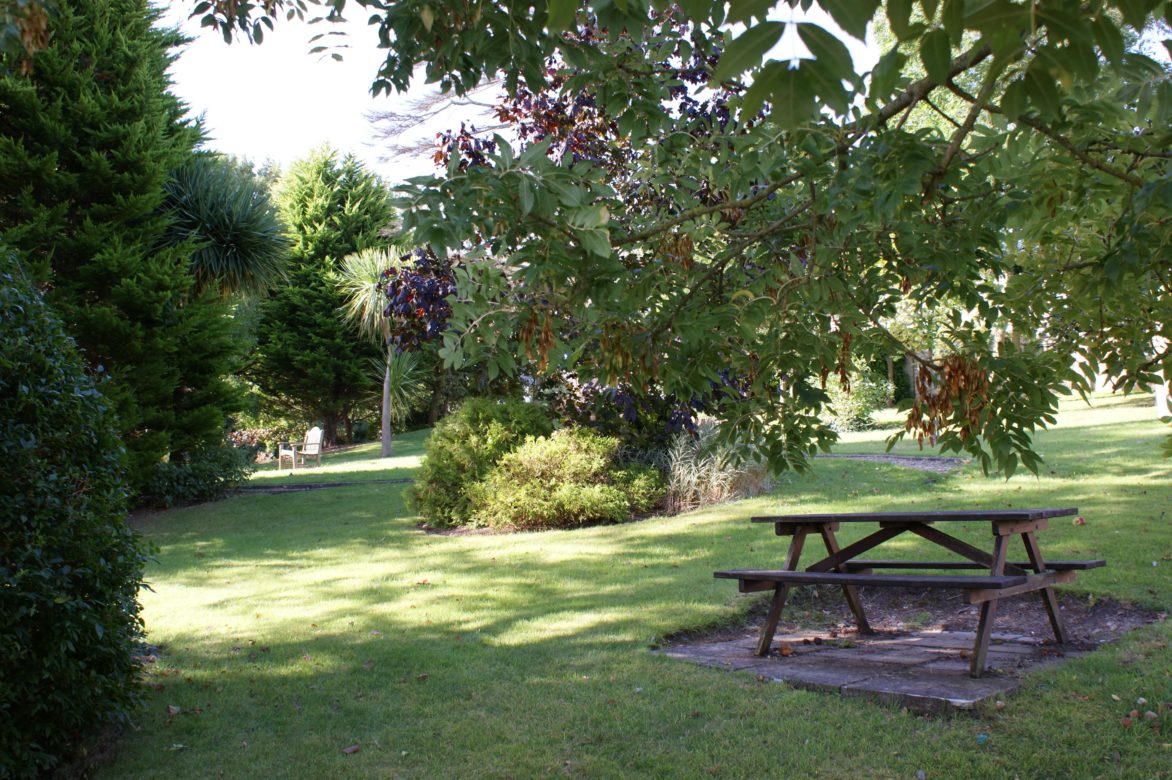
Addiction is a tough subject to tackle and is one with which almost all of us have a personal relationship. Whether it be struggles within ourselves, our families, our partners or our friends, we all know the damage that addiction can cause to a life. People with addiction are not able to control what they are doing, taking or using. Addiction is directly harmful to the individual on both an emotional and a physical level. It is also often a tremendous burden on those involved in the addicted person’s life.

Understanding addiction
Is addiction an illness?
We believe, and evidence supports, that addiction is an illness: a brain disorder and not a lifestyle choice. People come to be treated because they are ill and not because they are bad or weak.
In our experience the psychological part of addiction is a form of self medication which can sometimes be linked to an underlying traumatic experience, emotional stress, genetic predisposition or mental health disorder. This can lead to out of character, risky, harmful and criminal behaviours where the person becomes single minded and powerless in her/his pursuit of the addictive substance or activity.
Although addiction is identified by the mainstream treatment models as a chronic, relapsing condition, relapse is not inevitable and it can be treated successfully. From our experience of treating addiction since 1974, we know that long-term recovery is more than just a dream, it is achievable. Our former clients are a testament to that. Understanding the nature of addiction is complex and difficult and there is no definitive answer as to why it occurs and how it takes hold.
Nature or nurture?
How does someone become addicted?
The reasons why somebody may become addicted are unknown and theories range from attributing it to nature (a genetic predisposition), nurture (a response to social circumstances), or a co-incidence of both. However as yet there have been no definitive answers. Most arguments, however, acknowledge that the brain has a crucial role to play in addiction, with three main areas affected by substance use:
- The brain stem – The brain stem sends signals to and from the body from the brain, and controls things like breathing, sleeping and heart rate.
- The cerebral cortex – This part of the brain controls the so-called ‘executive functions’, which include things like decision making, planning and sensory processing.
- The limbic system – This is the body’s emotional reward centre, and controls the ability to experience pleasure and motivation for activities vital to survival, like having sex or eating.

Whether addiction is nature or nurture, this latter system plays a crucial role in addiction taking root in the brain. Drugs have chemical structures that mimic the neurotransmitters of the limbic system, interfering with the normal neuronal processing of the brain.
This results in the brain releasing neurotransmitters in excessive amounts, providing greater pleasure than would naturally occur in the brain.
This in turn leaves a surplus of neurotransmitters in the synapse and that affects the behaviour of other neurons, altering the person’s ability to function and her/his mood. Because of the pleasurable experience, the reward centre of the brain is activated, reinforcing the action. These hooks are why giving up things like alcohol and other drugs is extremely difficult.
However even then, understanding addiction is not that simple.
It's complex
Addiction isn't simple
Consider heroin addiction, for example. Were you to ask somebody ‘what causes heroin addiction?’, they would be likely to indicate that heroin was the cause, thereby locating the addiction in the substance rather than the person. And it is true that were you to use heroin for 20 days, by the 21st day your body would crave the drug. However if you were to break your hip you may be given diamorphine for weeks or even months. Diamorphine is pharmaceutical heroin and usually stronger than that which is available from an illegal drug dealer. If we follow the logic of the chemical hook, the person prescribed a narcotic for pain for a reasonable length of time should become an addict. But that is simply not the case. While drugs do have a chemical impact on the brain that can trigger a person’s addiction, it is not entirely cut and dry, and treating addiction effectively it is not just about keeping the user away from the object of her or his dependence. The real work begins after detoxification when the underlying issues, the ‘addiction’ needs to be addressed and recovery capital built in and around the addict.
Getting help
Recovering from addiction
At Broadway Lodge , while we are interested in following research and debating the issues, we don’t get distracted by the arguments. Instead we focus on applying the tried-and-tested treatment and recovery model that provides patients with a platform for a lifetime of recovery and freedom. Our approach to addiction is holistic. We treat the whole person, initially detoxing a patient to enable them to recover physically, then focusing first on a person’s deep understanding of their powerlessness in the face of their addiction. We then concentrate on building for recovery by working the other 11 steps of the 12-step programme. We cheer on our heroes as they leave behind their mistaken beliefs about themselves, transcend their dependency, and begin the process of discovering the magnificence and power of who they truly are. We support clients to build resilience, self-respect, self-worth and a sense of purpose and belonging that can sustain them in a permanent growth path for the rest of their lives. If you or a loved one is struggling with addiction, we’re here to help. Call us on 01934 815515 or contact us confidentially online.




